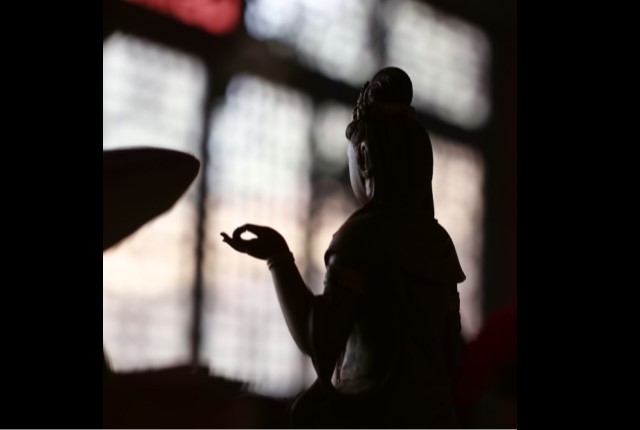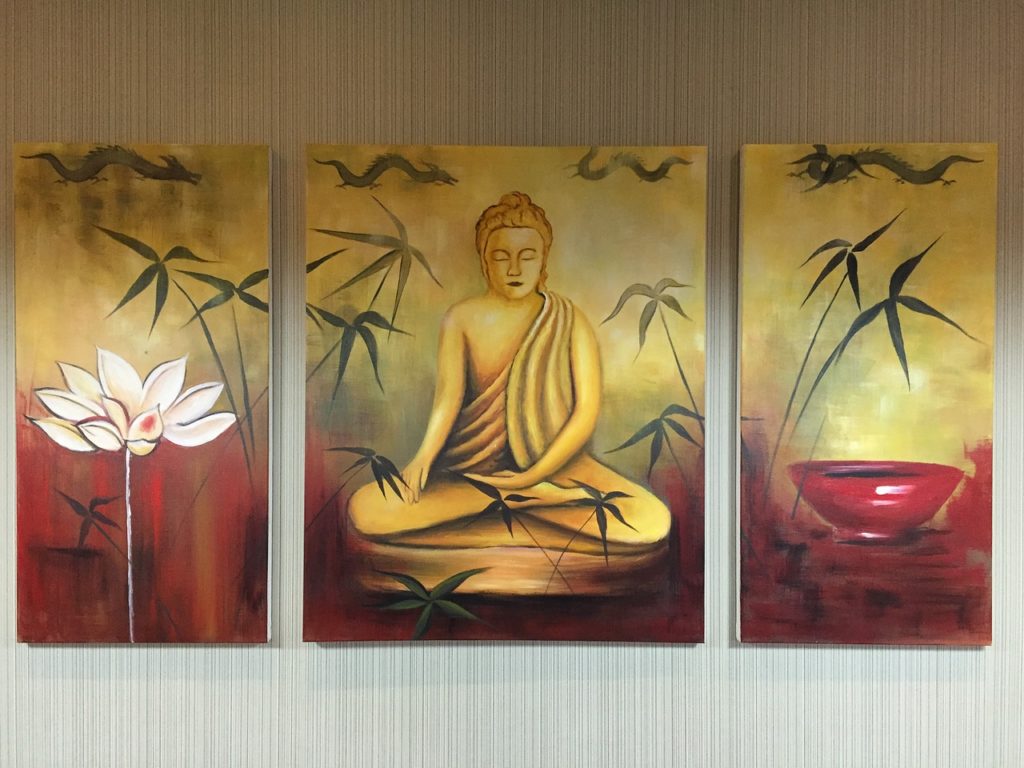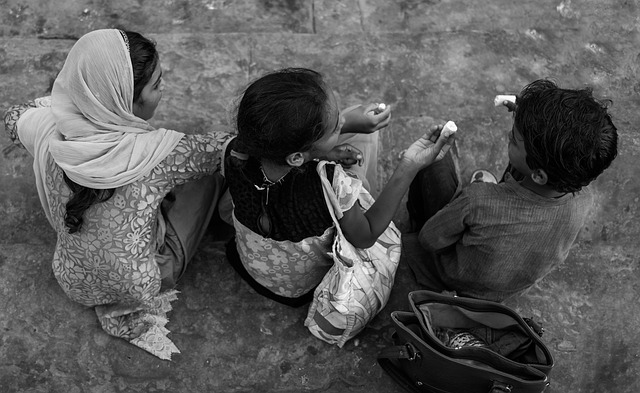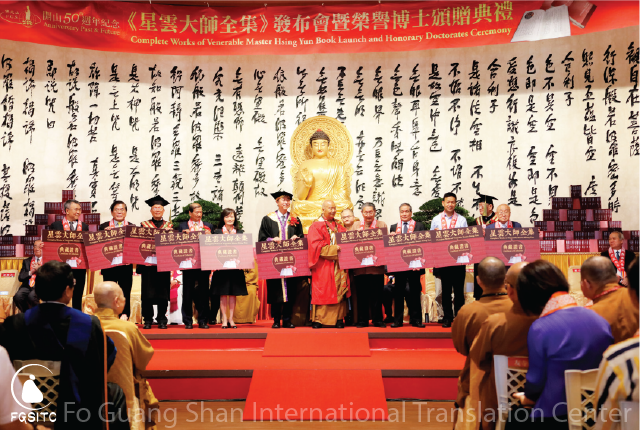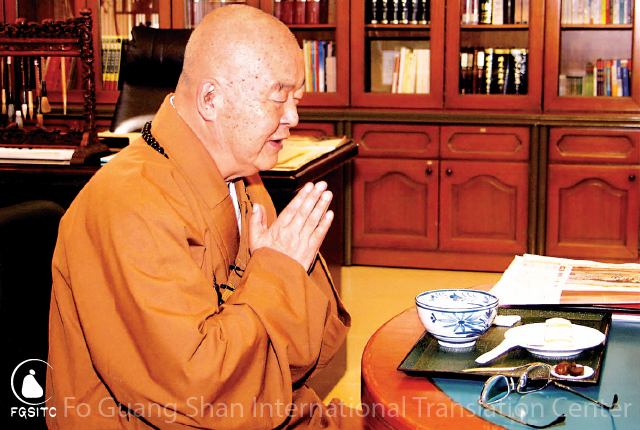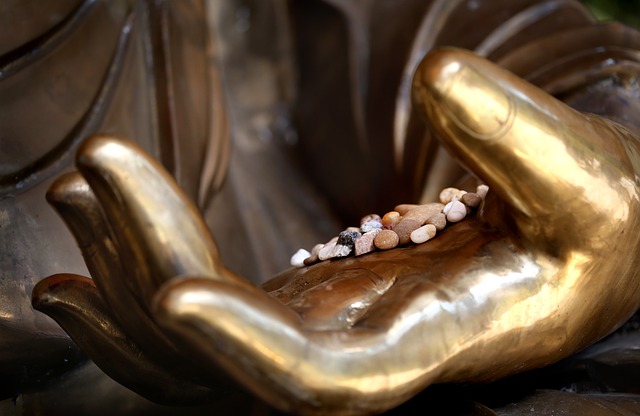
When there is hope, there is a future.
The worst tragedy in life is to live without hope for the future. When there is hope, there is a future. One of the mottoes of the Buddha’s Light International Association is “to give others hope.” That is the highest act of benevolence. On the other hand, to disappoint and render others hopeless is the cruelest act.
People live in hope. Parents raise their children with hope for the future. They teach and educate their children so the children will have hope for their own futures. We get along with our neighbors so there is hope for everyone to live in harmony. We plant trees and grow flowers; we save up for a rainy day. There is endless hope in life. The Chinese place great emphasis on passing things down from generation to generation, a sentiment to sustain their lineage. Nowadays, organ transplants offer hope for the perpetuation of life.
For a country, people pay taxes in the hope that the nation will be better established; the government builds highways and bridges in the hope that transportation will improve. We conduct charity work in the hope of advancing social welfare; we elect capable leaders in the hope of promoting democracy; and we penalize offending officials in the hope of creating a more honest government. We hope for a mild climate, prosperity and world peace. All of these constitute our hopes for the future.
We need not fear darkness, for we know that dawn comes after the darkest hour and that there will be hope.
When we have hope, we have a future. We need not fear darkness, for we know that dawn comes after the darkest hour and that there will be hope. We need not dread the ice and snow of winter for soon enough spring will arrive with fresh hope. We need not worry when we are strapped for cash, for even with only a single dollar, there is hope for us to make a fortune.
Life is only meaningful when we have hope. People often give up on themselves because they lose hope. When faced with setbacks and misfortune, if we are willing to change the conditions and to take initiative in helping others, the light of hope can be re-lit. Those who are ready to give up their lives when all hope seems lost should bear in mind, “Upon the death of a life of selfishness is born the second life of benevolence.” They should be able to turn a new leaf and start a second life. Many cancer patients get involved in social service and rekindle their light of life in the process of their own healing. If people have self-confidence and pledge to serve others, the brightness of their lives will not only illuminate others but also ignite the light within their own hearts.
It is Chinese tradition to wish each other the best on birthdays, when moving to a new home, on anniversaries, and at the New Year, congratulating and blessing one another with hope for the future. In life we come and go; in time we have this year and the next. If we can have hope all the time, then we will enjoy endless opportunities, and we will truly live in hope every day.
From All in a Thought, written by Venerable Master Hsing Yun.
Image from Pixabay.


